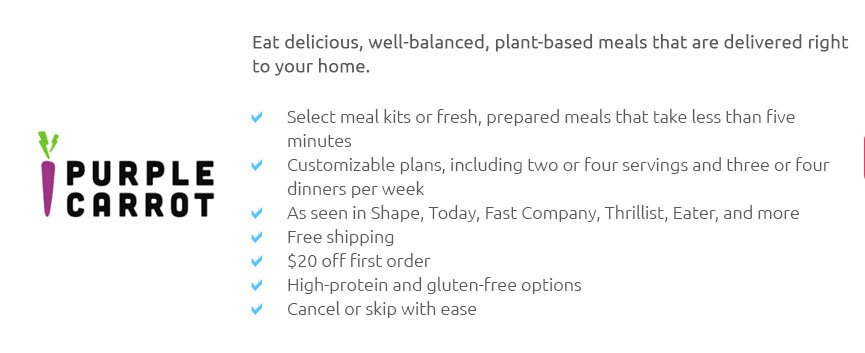 |
 |
 |
|---|
 |
|---|
 |
||||||
|---|---|---|---|---|---|---|
|
||||||
 |
 |
|||||
 |
 |
|||||
 |
 |
|||||
 |
 |
|||||
 |
 |
|||||
 |
 |
|---|
|
joh69zqb10v Exploring the World of Weight Loss Meal Delivery ServicesThe modern landscape of weight loss solutions has expanded significantly, with meal delivery services emerging as a popular choice for those seeking convenience and effective dietary management. These services, which have proliferated in recent years, offer a myriad of benefits that cater to the diverse needs of individuals aiming to shed unwanted pounds. At the core, these services promise portion-controlled meals, curated with nutritional expertise to aid in achieving weight loss goals, while also saving time and effort in meal preparation. In evaluating the effectiveness of weight loss meal delivery services, it is essential to consider their ability to provide balanced, calorie-conscious meals that align with recommended dietary guidelines. Many of these services employ dieticians and nutritionists to design meal plans that not only focus on reducing caloric intake but also ensure a balanced intake of essential nutrients. This attention to nutritional detail is critical, as it helps prevent common deficiencies that can occur during restrictive diets. Moreover, the convenience factor cannot be overstated. For those with hectic lifestyles or limited time for cooking, having healthy meals delivered directly to their doorstep is a game-changer. This service eliminates the need for grocery shopping, meal planning, and cooking, thus allowing individuals to focus on other important aspects of their lives, such as work, family, or personal hobbies. Another aspect worth mentioning is the variety offered by these services. Companies often provide a wide range of meal options, catering to various dietary preferences and restrictions, including vegetarian, vegan, gluten-free, and keto-friendly choices. This diversity ensures that users can stick to their dietary commitments without feeling deprived or bored, a common pitfall in many weight loss journeys. Despite the numerous advantages, potential users should also be aware of some drawbacks. One notable concern is the cost associated with these services. While some may find the expense justifiable given the convenience and potential health benefits, others might view it as a significant financial commitment. Additionally, the reliance on pre-prepared meals could limit one's culinary skills and reduce the inclination to learn healthy cooking habits. Nevertheless, the potential for these services to effectively aid in weight loss is promising. Studies have shown that individuals who utilize meal delivery services are more likely to adhere to their diets and achieve their weight loss goals compared to those who do not. This adherence is often attributed to the structured meal plans and the reduced likelihood of succumbing to unhealthy food choices when meals are readily available. In conclusion, weight loss meal delivery services offer a viable solution for those looking to lose weight without the hassle of traditional dieting. While not without their challenges, the benefits of convenience, nutritional support, and meal variety make them an attractive option for many. Ultimately, the decision to use such a service should be based on personal preferences, lifestyle needs, and financial considerations. As with any dietary change, it's advisable to consult with a healthcare provider or nutritionist to ensure the chosen service aligns with one's health goals and dietary requirements. https://www.cleaneatzkitchen.com/products/weight-loss-meal-plan-delivery?srsltid=AfmBOoo9NxLSdYyExLZOb0q4BuVmT3mcPNkDoPBXeZr1eXDoYXRJ7vj0
Clean Eatz Kitchen is a healthy, prepared meal company that delivers tasty, nutritious meals to your doorstep. From our kitchens in Wilmington, NC, St. Louis, ... https://www.mealpro.net/diet-meals/washington-dc-weight-loss-meals/
How Our fat loss Meal Plans are Designed. MealPro is a healthy Washington D.C. meal delivery company that specializes in natural and tasty weight loss meals ... https://www.nutrisystem.com/?srsltid=AfmBOooRdG5v4k7j6atrEN6gUH6GMbY17HnnuNRFwBq-FVeZloDWAjzw
Get a proven weight loss solution that works for you. Choose from healthy diet plans with meals delivered to your door, including high-protein choices.
|
|---|


